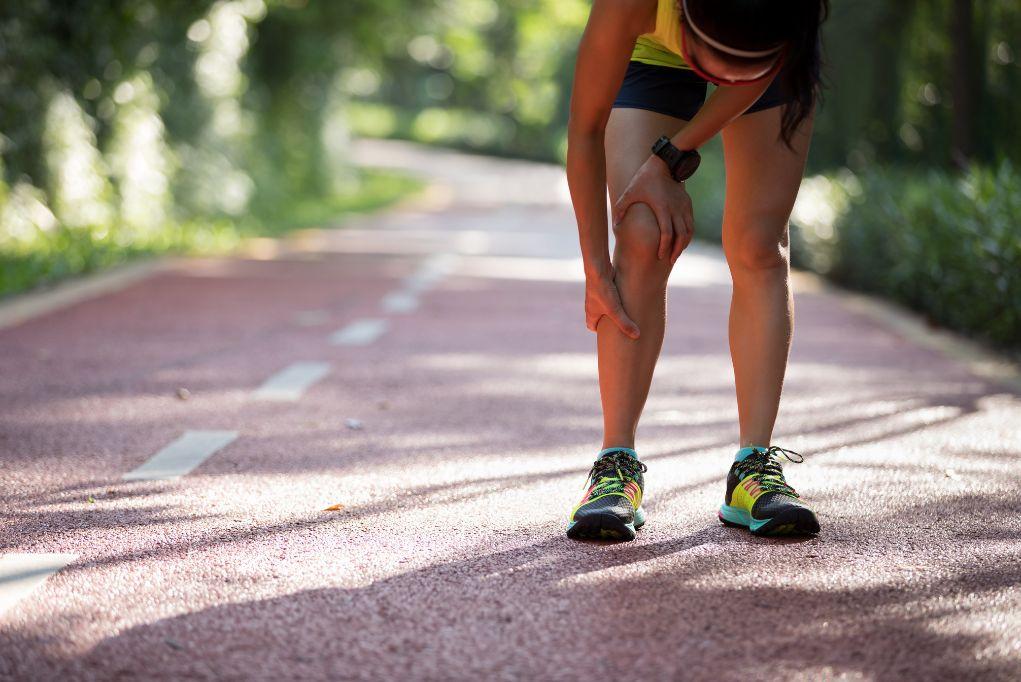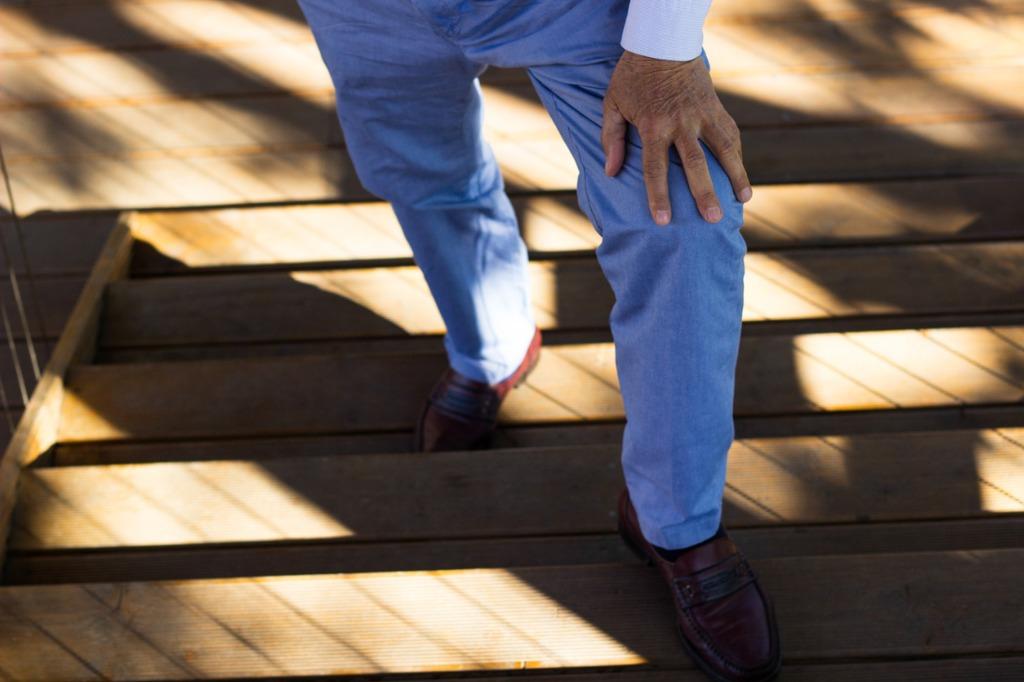How to Identify and Treat Common Running Injuries
Running is a fantastic way to stay fit and enjoy the outdoors, but it also comes with the risk of injuries. Understanding how to identify and treat common running injuries can help keep you on track and avoid long-term damage. Motion Orthopaedics is here to provide helpful tips and advice on staying healthy while pursuing your passion for running. If you experience any of these injuries, remember to always consult a medical professional for proper diagnosis and treatment.

Common Running Injuries
Running injuries can affect various parts of the body, from the feet to the hips. It is crucial for runners to recognize the symptoms early and know how to treat them. Continuing to run through an injury may worsen the condition and lead to long-term damage. The common running injuries below are just a few examples of what runners may experience.
Shin Splints
Shin splints are one of the most common injuries among runners. It is characterized by pain along the shin bone (tibia) and can be caused by overuse, improper footwear, or running on hard surfaces. Shin splints are microtears in the muscles, tendons and bone tissue surrounding the shin bone. Resting, icing, and stretching are recommended for treating shin splints. Proper shoe selection and gradually increasing running mileage may also help prevent this injury.
Runner’s Knee
Runner’s knee, or patellofemoral pain syndrome, is characterized by pain around the kneecap. This knee injury results from the repetitive motion of running, which can irritate the cartilage under the kneecap. Strengthening exercises for the hips and quadriceps can help alleviate pain from runner’s knee. Addressing this injury early on is essential as it can lead to more severe conditions such as patellar tendinitis.
Plantar Fasciitis
Also known as policeman’s heel, plantar fasciitis is a common injury among runners. It is caused by inflammation of the thick band of tissue that connects the heel bone to the toes (plantar fascia). Runners with flat feet or high arches are more prone to this condition. Rest, ice, and stretching can help relieve pain from plantar fasciitis. Proper shoe support and orthotic inserts may also be beneficial in preventing this injury. This condition may also be caused by bone spurs, which require medical intervention for treatment.
Hamstring Strain
Sudden acceleration or deceleration during a run can cause strains in the hamstring muscles located on the back of the thigh. These injuries range from mild to severe and can significantly impact a runner’s performance. Rest, ice, compression, and elevation (RICE) are recommended for treating hamstring strains. It is important to gradually ease back into running after recovering from this injury.
Achilles Tendinitis
Achilles tendinitis is characterized by pain and stiffness in the back of the lower leg, just above the heel. It occurs when the Achilles tendon becomes inflamed due to overuse or repetitive stress. Rest, ice, and stretching can help alleviate pain from this injury. Proper warm up and cool down routines, as well as gradual increases in running intensity, may also prevent Achilles tendinitis. Your Achilles tendon may also rupture, which requires immediate medical attention.
Preventing Running Injuries
Running is an excellent way to stay fit and enjoy the outdoors, but taking steps to prevent running injuries is important. By following some simple guidelines, you can reduce your risk of common running injuries and keep yourself on the path to fitness. Motion Orthopaedics can provide further advice and guidance on injury prevention for runners. Here are some key tips to help you prevent running injuries:
- Wear proper footwear
- Gradually increase running mileage
- Warm up and cool down properly
- Strengthen core and leg muscles
- Listen to your body
- Cross-train with other activities
- Incorporate rest days into your training schedule
Recover Faster With Motion Orthopaedics
Don’t let running injuries slow you down or keep you from pursuing your passion. At Motion Orthopaedics, we offer expert diagnosis and personalized treatment plans to help you recover swiftly and get back on your feet. Our dedicated team of professionals is here to support you every step of the way, from injury prevention to comprehensive rehabilitation. Book an appointment with us today, and let us help you make running a safe and enjoyable experience.




